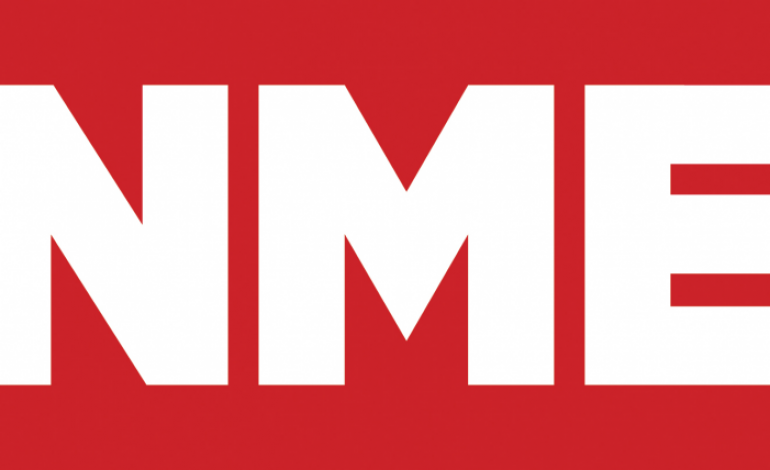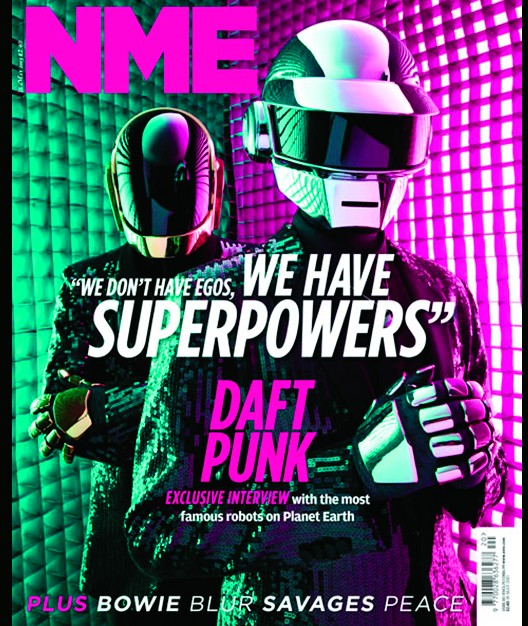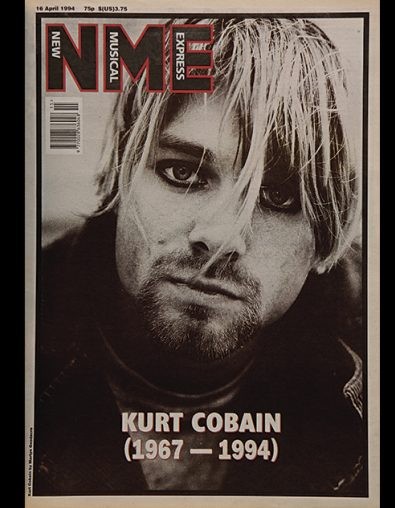
British music media institution will cease publication after a 66-year lifespan. The paper had been a free edition since 2015, but will now only exist in an online presence. NME’s cover interviews will now be replaced with an extensive online article, to be titled the Big Read.
The publication will also be distributed sporadically in print for special issues, such as their paid-for series NME Gold. When the paper became free in 2015, their circulation had dropped to just 15,000, forcing the paper to relaunch as a free, ad-funded title with a circulation of 300,000, as a last roll of the dice to remain in print.
“Our move to free print has helped propel the brand to its biggest ever audience on NME.com,” said Paul Cheal, the UK group managing director, music, at NME publisher Time Inc UK . “We have also faced increasing production costs and a very tough print advertising market. It is in the digital space where effort and investment will focus to secure a strong future for this famous brand.” Time Inc. is now believed to be consulting with NME’s 23 editorial and commercial staff about potential redundancies.
The magazine was first released as a weekly publication in 1952, and is fondly regarded as synonymous with some of music’s most historical highlights. An early champion of some of British music’s most popular movements- Punk, New Wave, Britpop, to name a few- the magazine was able to stay in business for such an extended period due to spin-off involvements with things like award shows and other events.
As with many music publications, NME began to feel the strain of the changing musical landscape in the 2000’s, when music began to transition to the online platform, and music discovery began to be more popularised by software like Spotify. This led to a steady decline in magazine sales and ad revenue that has affected print media as a whole in recent times.
“NME will also be exploring other opportunities to bring its best-in-class music journalism to market in print,” Time also said.
There does appear to me some room for optimism, however; Keith Walker, digital director of NME online, sees promise in the transition to a predominantly online presence for the magazine. “Our global digital audience has almost doubled over the past two years,” Walker explained. “By making the digital platforms our core focus we can accelerate the amazing growth we’ve seen and reach more people than ever before on the devices they’re most naturally using.”


